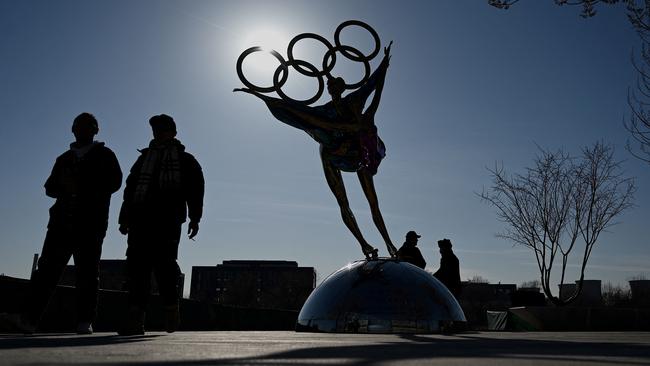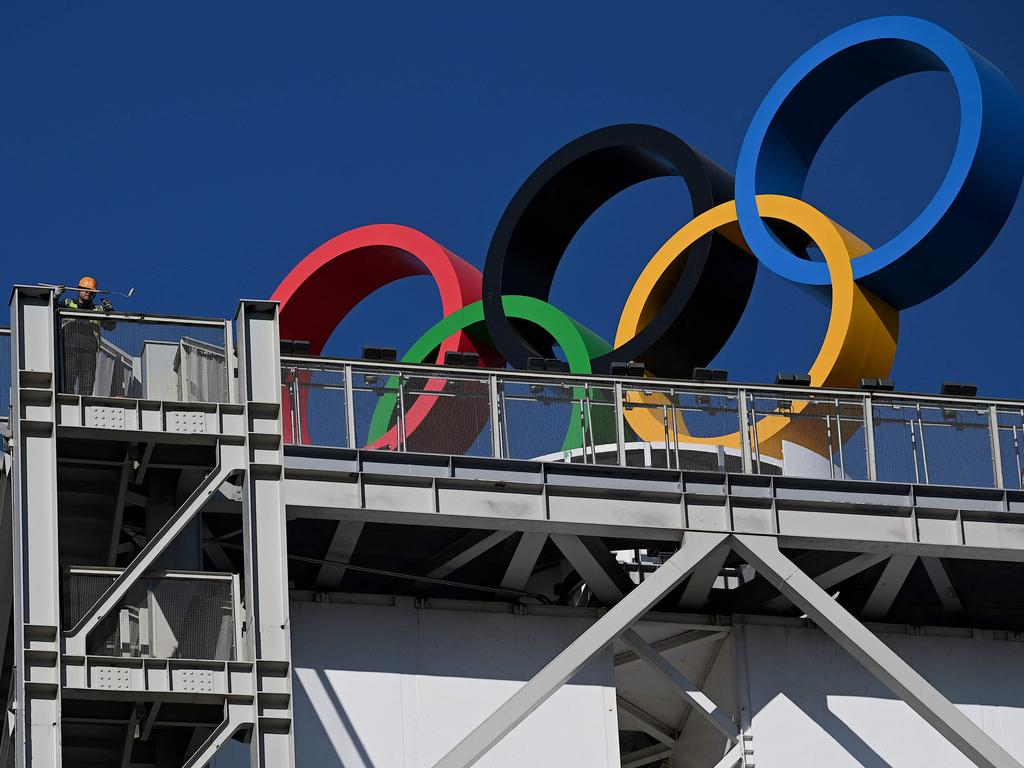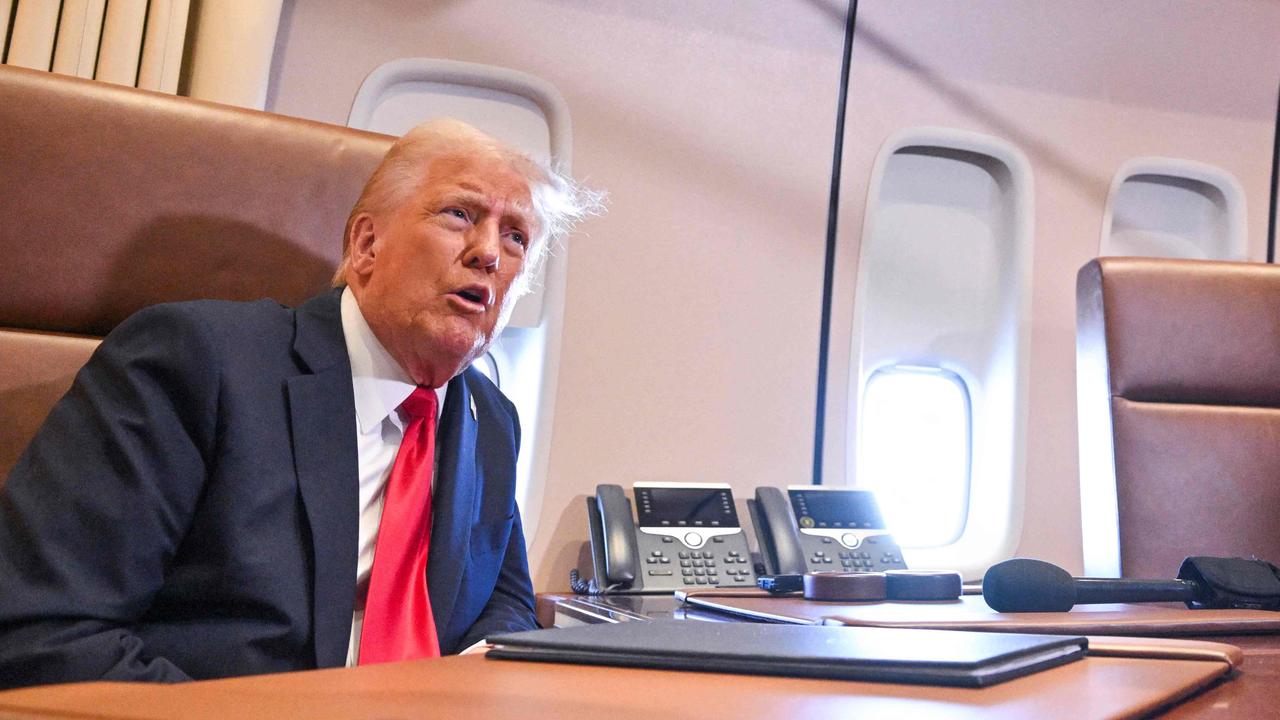
The Morrison government should follow the Biden administration and impose a diplomatic boycott on China’s Winter Olympics.
It is unquestionably the right decision in principle. The US will stage the diplomatic boycott to protest Beijing’s harsh and oppressive treatment of the Uighur minority in Xinjiang, and its human rights abuses generally.
One sidelight that will be fascinating to observe is how much of the Muslim world is willing to make even this minimal expression of solidarity with the persecuted Muslims of China.
At one level, a diplomatic boycott is small beer. As Chinese officials rightly, if cynically, observe, no one goes to an Olympics to watch diplomats and officials.
Yet the communist regime craves international legitimacy and detests occasions when nations that value human rights and democracy publicly, and especially collectively, call out its offensive behaviour.
The Biden administration is making a nuanced and calibrated decision. The boycott that would hurt Beijing the most would be a boycott of athletes but that imposes its severest penalty on the athletes themselves, who miss their one chance to be Olympians.
Moreover, it is hypocritical to declare a regime so odious you won’t play sport with it but not odious enough that you won’t trade with it, invest in it and make money from it.
Still, it should not be business as usual. So a diplomatic boycott is a well-measured decision. Those who argue against a boycott because the Olympics will themselves bring liberalisation or transparency to China are simply inhabiting Fantasy Island and should not be let anywhere near strategic policy.
However, there is a serious element of prudence and independent national interest to be calculated in Australia taking a decision to join the boycott. It is right to join with the Americans in attempts to promote human rights. It is also perfectly sensible not to want to be the only US ally that expresses such support.
Therefore Canberra’s decision should be dependent on fellow democracies and US allies, particularly Britain, Canada and above all Japan, deciding to take a similar course.
Beijing understands very well indeed that Australia is a deep ally of the US. If we move together with similar allies such as Britain and Canada, we are in good company.
But unlike Britain and Canada, we live in the Indo-Pacific. Our closest ally here is Japan. We need to keep very good regional company – as is evident in forthcoming visits to Australia from the South Korean and Japanese leaders – so if Japan engages in a diplomatic boycott of Beijing, that gives us a lot of comfort.
Washington’s allies, including Australia, should join the US in supporting human rights with this small but significant gesture.





